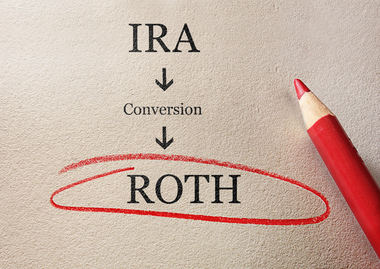There may be circumstances under which you would want to move assets from a traditional IRA to a Roth IRA. Only people who already have a Roth IRA can complete a Roth IRA conversion, but the conversion can be made even if your current income makes you ineligible for direct contributions to the Roth IRA. Roth IRAs are attractive because they are funded with after-tax dollars, which means that later withdrawals are tax free.
You will have to pay income taxes on any converted funds in the year of the conversion. However, there are several scenarios that might make this a good idea:
- You believe that your tax bracket will be higher in retirement. Paying taxes at your current rate might be preferable to paying a higher rate after you’ve stopped working. Higher taxes in retirement are likely if you haven’t yet hit your peak earning years or if you’ve accumulated significant savings in retirement accounts.
- You want to leave more to your heirs. If you won’t need the funds in your traditional IRA during your lifetime, moving them to a Roth IRA allows the savings to be maintained in full because there are no required minimum distributions. Your heirs can generally withdraw the money tax free after your death so long as they follow IRS distribution rules.
- You seek diversification. Because Roth IRA assets are not taxed when withdrawn, a Roth IRA can bring balance to a portfolio that is heavy in tax-deferred accounts. This may help you manage your tax bracket and tax planning in retirement.
- You have low income in a tax year. If you are facing a net loss in any tax year — for example, your small business has a net operating loss — you could convert funds to a Roth IRA with relatively low tax impact.
However, there are some situations in which it would not be advantageous to convert funds to a Roth IRA.
- You need your IRA to cover living expenses. If you need the money from your traditional IRA soon, do not make a Roth conversion. The assets may not have time to recoup the taxes you would have to pay.
- You receive Social Security or Medicare benefits. Because the Roth conversion increases your taxable income, your benefit taxes and Medicare costs could rise.
- You must use IRA funds to pay the taxes on the Roth conversion tax. This negates the benefits of converting.
- You plan to donate a portion of your traditional IRA to charity. If you will use the qualified charitable distribution to satisfy your required minimum distribution, don’t also convert to a Roth IRA. The QCD is more tax effective.
Making the conversion
If your traditional IRA is large, you can make multiple Roth IRA conversions over the course of several years; this will allow you to convert a large portion of your savings while limiting the tax impact. Correctly done, you may be able to effect the conversion without jumping into the next tax bracket.
Converting early in retirement, when earned income drops and before RMDs kick in, is often a good time, but if you are within two years of filing for Medicare or Social Security, a Roth conversion could increase your premium and the taxes paid on Social Security benefits.
Taxes due on the conversion should be paid with non-IRA cash. If you sell appreciated assets to pay the conversion tax, you will incur capital gains tax on top of the conversion tax. Additionally, you want money to grow in the tax-free account.
Important details
Roth IRA conversions are subject to some important rules.
First, once you have made the conversion, you cannot undo it. Under the Tax Cuts and Jobs Act of 2017, you can no longer “recharacterize” a Roth conversion.
Next, five years must pass before you withdraw any converted funds. The five-year clock begins on Jan. 1 of the year you make your contribution, and each year’s conversion is subject to its own five-year waiting period. There is a 10% penalty for early withdrawal (in addition to the income taxes you pay in the tax year of your conversion), though there are some exceptions for people aged 59 1/2 or older.
A Roth IRA conversion is not the same as a so-called backdoor Roth IRA.
Consult a qualified tax adviser and/or financial planner to discuss the timing and the potential tax impact before making a Roth conversion.
©2025


